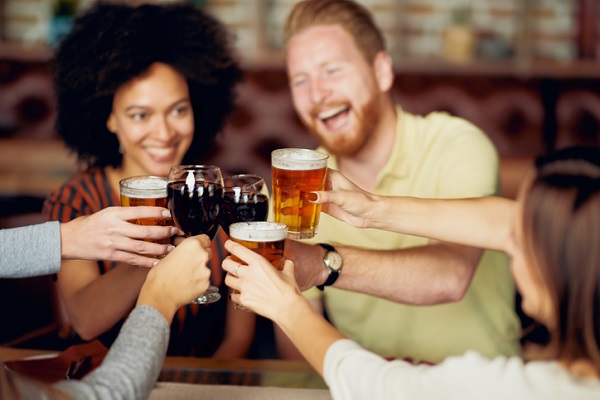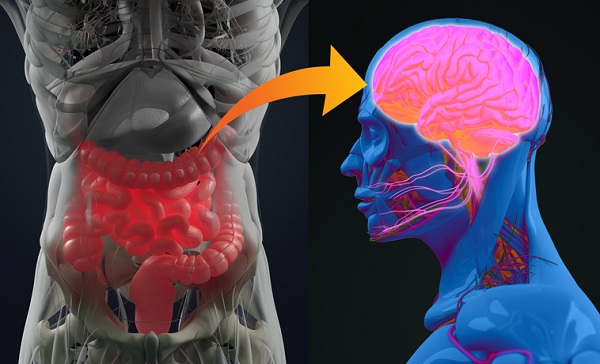In October 2019, the “second wave” of cannabis legalization in Canada will take place. With it, edibles, vaping products, and drinks will go on sale. The introduction of these products brings more regulations and rules into play, as currently only dried and fresh cannabis, oil, plants, and seeds are allowed. Some of these rules will apply to how cannabis-infused drinks can be named.
Using words like “beer” and “wine” will not be permitted, as they are seen as easily confused with alcoholic beverages. Read on for more about these rules, why they are in place and how they relate to the chemistry of cannabis drinks and other rules that will be in place.
What are the Rules and why are they in Place?
Rules have been finalized that prohibit companies from calling cannabis beverages “beer”, “wine”, or any other alcohol-related term. The main goal of these rules is to discourage the mixing of alcohol and THC. As you know from cannabis retail courses, safety is a priority when working with substances like cannabis. This is another way that safety is being taken into account when making rules for the industry.
When alcohol and THC are mixed together in large doses, they can cause some people to feel:
- Lethargic
- Disoriented
- Heavy
In fact, a combination of cannabis and alcohol was once used as a general anesthesia in ancient India. THC can also potentially increase some of the effects of alcohol, such as:
- Slowing down reflexes
- Fuzzy thoughts
- Dehydration
However, alcoholic beverages are not allowed to contain any THC, so the products cannot be mixed in one drink. The naming rules are simply to separate the two substances and reduce confusion.

Since people associate words like “beer” and “wine” with alcohol, rules are meant to lower confusion
Water-Soluble vs. Fat-Soluble THC for work after Cannabis Retailer Training
Cannabis drinks are significantly different from edibles, because they use water-soluble THC as opposed to fat-soluble THC, which is used in edibles.
Water-soluble THC:
- Allows for even dispersal throughout the product – so the THC doesn’t settle at the bottom of the container
- Provides accurate dosing as each pour or sip of the drink will have the same dosage of THC
- Produces effects within about 15-20 minutes as it permeates the intestinal tract once swallowed
Fat-soluble THC:
- Is processed by the liver before it goes into the bloodstream
- Can take an hour or longer for effects to begin
- Needs to go through the digestive system to be absorbed rather than being absorbed through the mucus membranes in the mouth (like water-soluble THC)

Permeation in the intestinal tract produces faster effects from water-soluble THC
Other Rules you Should know after Cannabis Retail Courses
As mentioned, refraining from calling cannabis-infused beverages “beer” is meant to differentiate them from alcoholic products. Cannabis retailer training covers packaging as well as processing of cannabis products. Packaging rules aim to further separate the two substances, by insisting that cannabis drinks follow the same rules with packaging as other cannabis products. This means:
- Opaque packaging
- Limitations on the brand elements that can be included
- Required warning messages must be on the product
This means that it may be quite difficult for brands to differentiate and sell their products, as in addition to rules around naming, they also cannot create the same artistic, individual labels that are seen on alcoholic drinks. For instance, many craft breweries use labelling and bottle styles to stand out to consumers. With limited allowances, craft cannabis beverages won’t be able to follow suit. They will have to find new ways to market their drinks, and you might be a part of that.

Craft beer labels are rarely generic and often used to grab attention away from competitors
Are you interested in cannabis retail certification?
Contact AAPS for more information.




